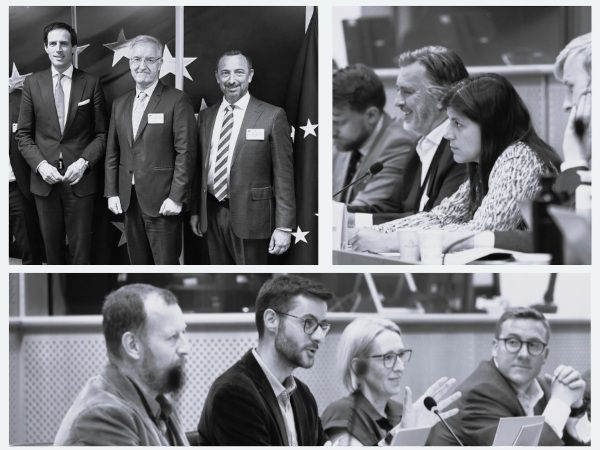
Date: 18 June 2025
On 22 May, Glass for Europe Chairman Mr. Davide Cappellino (AGC Glass Europe) and Secretary General Bertrand Cazes met with Mr. Wopke Hoekstra, European Commissioner for Climate, Net Zero and Clean Growth. The meeting was held under the umbrella of Glass Alliance Europe, where Mr. Cazes currently serves as Acting Secretary General. A brief exchange had already taken place during the European Industry Summit 2025, coinciding with the publication of the Clean Industrial Deal.
This meeting provided an opportunity to discuss EU climate policy and the forthcoming revision of the EU Emissions Trading System (ETS) Directive. The conversation also focused on the technological and investment hurdles associated with reducing CO₂ emissions. Mr. Cappellino underscored the fact that no viable technology currently exists to meet the required levels of emissions reduction. He stressed that flat glass and glazing products are critical to achieving the EU’s climate neutrality objectives and therefore merit robust policy support. This dialogue will continue in the coming months, as preparations for future legislative initiatives intensify.
On 3 June, Glass for Europe’s Industrial Policy Manager, Adrien Carton, participated in a roundtable on energy-intensive industries hosted by the Renew Europe group of the European Parliament. The discussion focused on identifying solutions to pressing challenges, including insufficient demand for low-carbon products and persistently high energy prices.
Mr. Carton shared initial perspectives on Glass for Europe’s position regarding the upcoming Industrial Decarbonisation Accelerator Act. He emphasized that while the creation of lead markets could support the uptake of EU-made and low-carbon products, such efforts must be grounded in robust and existing data. He cautioned against lengthy definitional processes or the introduction of additional requirements that could hinder the flat glass sector’s progress.
The roundtable also allowed for a brief exchange on the forthcoming Circular Economy Act. Glass for Europe stressed the need for concrete measures to improve the availability and quality of secondary raw materials, such as cullet, which are essential for advancing circularity in the glass industry.
Glass for Europe extends its gratitude to the Members of the European Parliament for their invitation and engagement, and looks forward to continuing this valuable dialogue.
 600450
600450

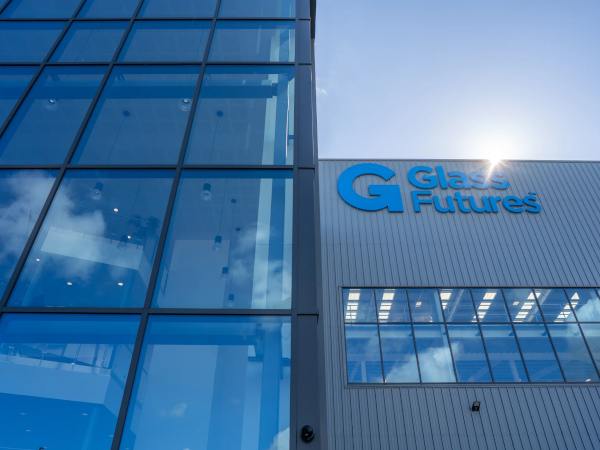
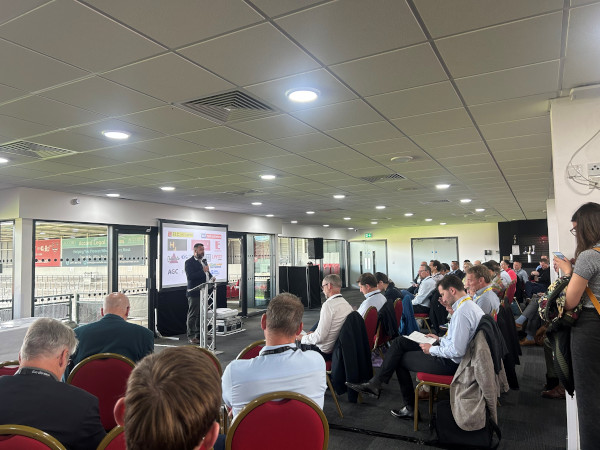
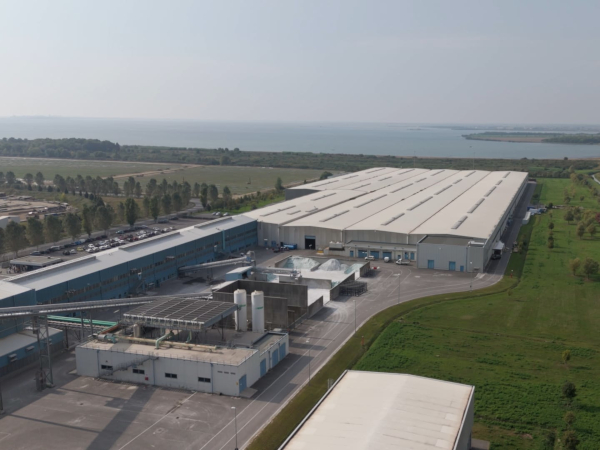
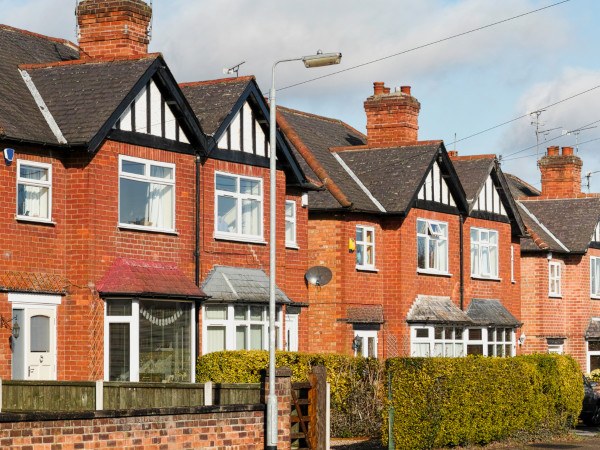
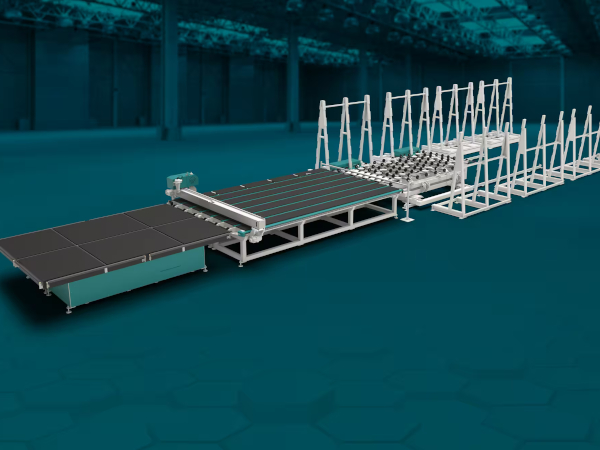
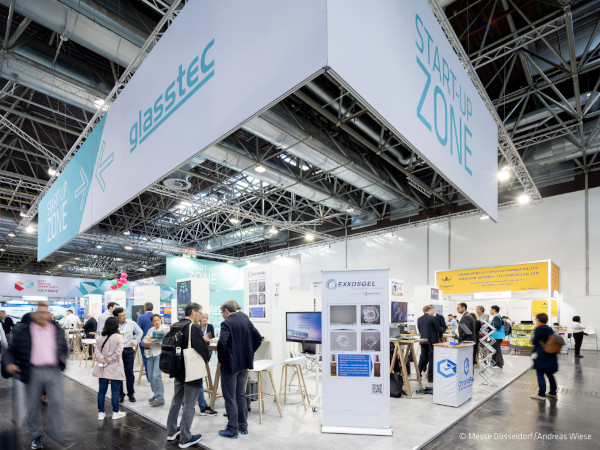






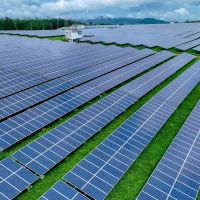
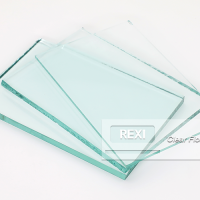

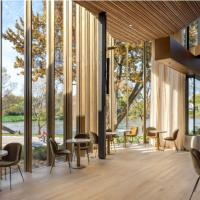
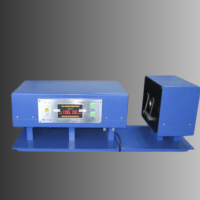
Add new comment